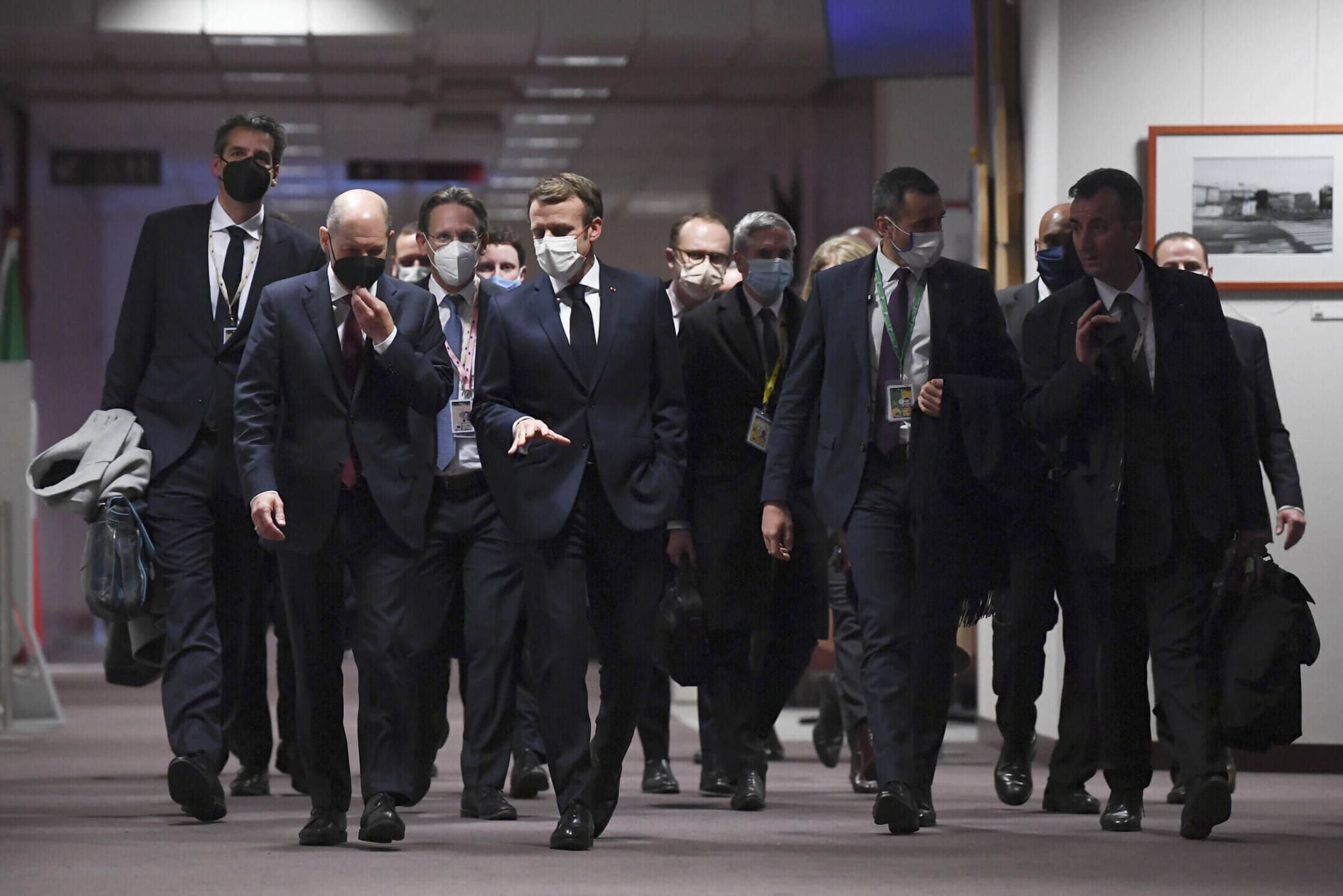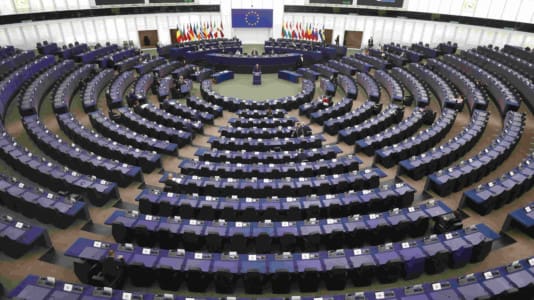For several hours, leaders of European Union countries led a debate on nuclear energy and emission allowances at Thursday’s summit in Brussels, however, they did not reach an agreement.
The group of states pushing for nuclear power, including the Czech Republic, proposed that the final statement of the negotiations should say that the European Commission agrees with putting nuclear power on the list of green investments. However, Austria, along with Germany and Luxembourg, opposed this. The presidents and prime ministers also disagreed on the regulation of emission allowances trading, demanded in particular by Poland and Czechia.
“Energy was the most important topic, and it is my regret that my last (European) Council meeting ended like this,” a visibly disappointed former Prime Minister Babiš told Czech journalists as the new Prime Minister Petr Fiala took over his office.
The EU leaders argued over what available resources the member states could use to replace the energy and heat produced from coal.
At the summit, a group of leaders, including Babiš, called on the Commission to add nuclear power to the list of green investments in the coming days. However, they failed to enforce this due to the resistance of the aforementioned states.
But Babiš stressed that it was not a failure. He noted that the Commission’s president, Ursula von der Leyen, promised to include nuclear power and gas on the list, regardless of the summit’s conclusions.
The effort of Poland, Czechia, and other countries, to include the call on the Commission to prevent speculative practices in the emissions trading system (ETS) in the summit’s conclusion, proved to be an issue for some leaders. Supporters of the call see those practices as the reason behind the record energy prices.
“Emission allowance should have never been on the market. It’s a tax, and a tax can’t be on the market. It’s complete nonsense. Furthermore, the Commission itself influences the market by withdrawing the allowances,” said Babiš.
Germany and other Western European countries are convinced that the energy and carbon markets are working well, as shown by recent preliminary findings from European regulators.
The summit was supposed to call for more detailed inspections or for considering the possibility of joint gas purchases, but the heads of EU countries refused to approve any joint document due to the aforementioned disagreements.






